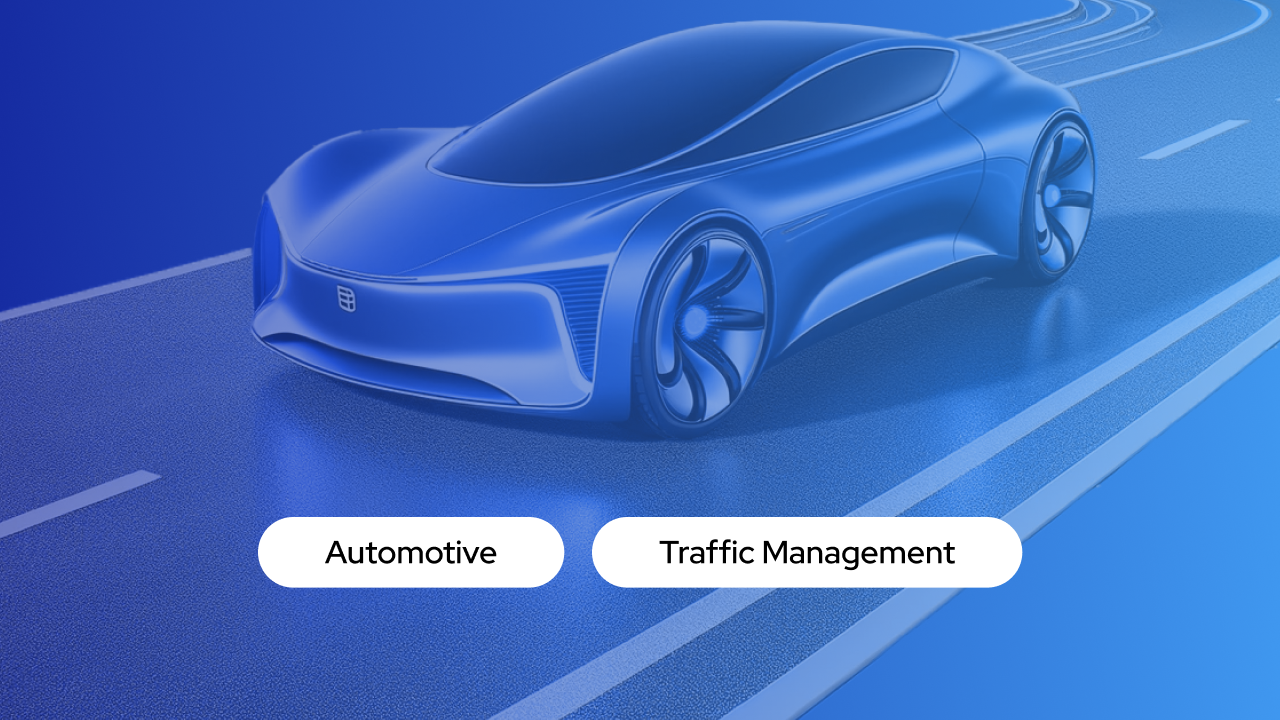AI's Role in Software Development: Enhancing, Not Replacing

Artificial intelligence is not poised to replace software developers but is transforming how they work. A 2023 survey shows that 70% of developers find AI coding tools beneficial for task completion and productivity enhancement.
How AI is Reshaping Software Development
AI in software development is revolutionizing various aspects of the field, including design, development, documentation, delivery, and debugging processes. It accelerates feature additions, expedites bug fixes, and enhances support request handling. For example, developers are transitioning from traditional design methods to platform-centric approaches to optimize functionality. AI's role extends to drafting user stories, creating acceptance criteria, and assisting in basic UI design tasks.
Continuous Delivery and Quality Testing
The integration of AI enables a true form of continuous delivery, allowing agile teams to produce and review high volumes of code rapidly. This technological shift elevates testing to a critical priority as more AI-generated code requires robust architecture to ensure it is tested from every conceivable angle. Test architects are increasingly important, assessing end-to-end functionality and developing new regression tests as issues emerge.
Challenges and Opportunities in AI-Enhanced Software Development
The sophistication of AI tools necessitates a higher caliber of specialist skills for optimal utilization. This includes precise input formulation and the ability to leverage advanced tools that require significant computational resources and potentially incur high licensing costs. However, these costs are justified by these tools' efficiencies, as they expedite development processes and enhance team productivity.
Risks of AI in Software Development
While AI offers immense potential, its integration into software development is not without risks. Over-reliance on AI can lead to a degradation of developers' problem-solving skills, as they may become too dependent on automated solutions. There is also the risk of bias in AI algorithms, which can inadvertently be introduced through skewed training data. This can lead to biased decision-making processes in automated systems.
Additionally, the complexity of AI systems can lead to new software bugs that are difficult to detect and resolve. As AI systems become more intricate, understanding and debugging them requires specialized knowledge that can be scarce.
Ethical Considerations
The use of AI also raises ethical concerns. The development of AI systems that make decisions impacting human lives must be guided by ethical principles to prevent misuse and ensure fairness and transparency. Developers must be vigilant about the ethical implications of the AI systems they create and maintain.
The Future of AI in Software Development
AI's integration into personal and professional spheres signifies its role as a cornerstone of future innovations. The synergy between artificial intelligence, machine learning, and software engineering continuously enhances, enabling developers to create more sophisticated AI systems. For example, AI is instrumental in software development, from automating routine tasks to predictive analysis and testing automation.
Prototyping and Debugging with AI
AI significantly streamlines the prototyping stage, more efficiently turning concepts into viable models. Tools like OpenAI Codex and Tabnine offer real-time code translation and suggestions, enhancing development speed and accuracy. In debugging, AI helps identify and fix defects by analyzing past data, focusing developer efforts on more complex issues.
Enhancing Code and Managing Documentation
AI tools are crucial for simplifying and improving code quality, making legacy systems more manageable, and ensuring consistent coding standards across projects. Automated documentation tools are vital in keeping project documentation up-to-date with the latest code changes, facilitating easier maintenance and scaling.
Conclusion: AI as a Developer's Ally, Not Replacement
AI in software development enhances human capabilities, not substitutes. It aids in mundane tasks and complex problem-solving but requires human oversight for strategic decisions and ethical considerations. Balancing AI tools with core programming expertise is crucial for harnessing AI's full potential while maintaining essential human input.
AI in software development is a powerful tool that expands human developers' capabilities, not replaces them. The joint forces between human intelligence and artificial intelligence are where the true strength lies. It ensures software development is efficient, empathetic, user-focused, and aligned with ethical standards. Thus, balancing AI software development tools and core programming skills is essential to fully utilize AI's capabilities without becoming too dependent on technology.




